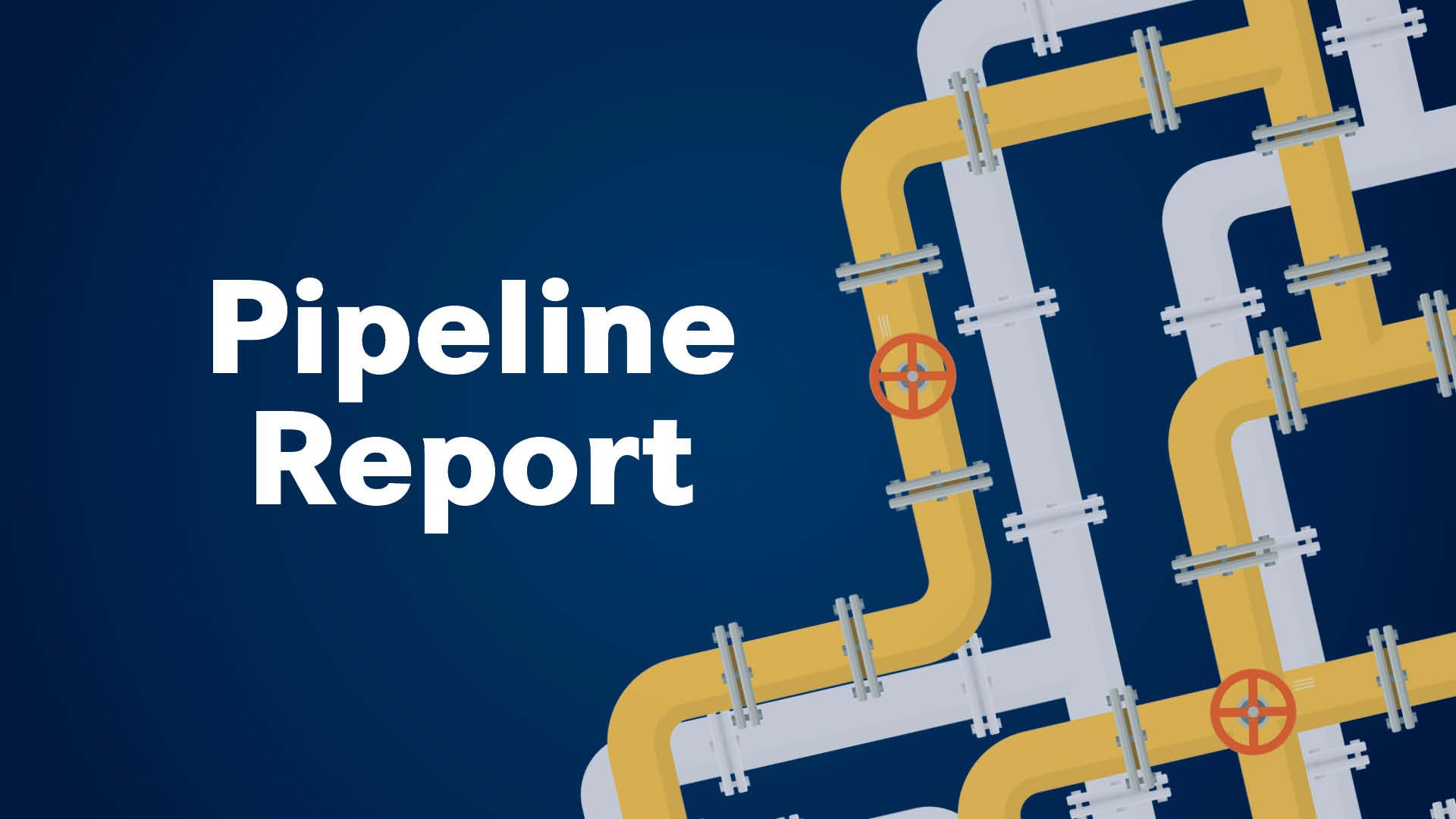
RNAi Therapy ARO-HIF2 Shows Early Activity, Tolerability in Heavily Pretreated Clear Cell RCC

The investigational RNA interference therapy, ARO-HIF2, was shown to have encouraging signals of activity with favorable tolerability in heavily pretreated patients with advanced clear cell renal cell carcinoma.
The investigational RNA interference (RNAi) therapy, ARO-HIF2, was shown to have encouraging signals of activity with favorable tolerability in heavily pretreated patients with advanced clear cell renal cell carcinoma (RCC), according to data from the phase 1b AROHIF21001 (NCT04169711).1
Results showed that 9 of 17 patients who received treatment had evaluable tumor samples. Of these patients, 7 showcased reductions in HIF2α, as measured by immunohistochemistry H-score. Reductions ranged from -9% to -82%, translating to a mean reduction of -48%.
Additionally, 1 patient in cohort 2 (n = 10) experienced a partial response to treatment and tumor shrinkage of approximately 65%. Five patients experienced a best response of stable disease. Four patients in cohort 2 with disease stability continue to receive the investigational agent; the treatment duration in these patients fall between 12 weeks and 24 weeks.
ARO-HIF2 has been found to be well tolerated, overall, when administered at weekly doses of up to 525 mg. Notably, no patients have experienced treatment-related anemia.
“The AROHIF21001 phase 1b study is designed to evaluate safety as well as preliminary pharmacodynamics and efficacy in an advanced clear cell RCC patient population,” James Hamilton, MD, MBA, senior vice president of discovery and translational medicine at Arrowhead Pharmaceuticals, Inc., stated in a press release. “We believe that in the first 2 dose cohorts investigational ARO-HIF2 is showing clear signs of meaningful target engagement and some potentially early signs of efficacy in at least 1 patient. This is an encouraging start for a study.”
ARO-HIF2 was designed to inhibit the production of HIF-2α, which is known to be associated with disease progression and metastasis in clear cell RCC.2 HIF-2α represents an attractive target for intervention as more than 90% of these tumors express a mutant form of Von Hippel-Landau protein that cannot degrade this marker; this results in its accumulation during tumor hypoxia and encourages tumor growth. The investigational agent utilizes a new extra-hepatic delivery vehicle.
In the dose-finding, phase 1b trial, investigators set out to examine the safety of ARO-HIF2 in patients with advanced clear cell RCC and to identify the recommended phase 2 dose of the agent.
To be eligible for enrollment, patients needed to have histologically confirmed locally advanced or metastatic clear cell RCC that had progressed during or after at least 2 previous regimens which must have included a VEGF-targeted therapy and checkpoint inhibitor therapy.3 Patients also needed to have an ECOG performance status of 0 or 1, an estimated lifte expectancy of longer than 3 months, and acceptable organ function at the time of screening.
Patients were excluded if they had a history of untreated brain metastases or leptomeningeal disease or spinal cord compression, were unable to recover from reversible effects of prior treatment, if they received systemic therapy or radiation within 2 weeks before the first study dose, or if they had a history of solid organ or stem cell transplantation.
Secondary objectives of the trial included the examination of pharmacokinetics and preliminary efficacy in accordance with RECIST v1.1 criteria. Exploratory objectives of the research include the assessment of post-dose tumoral expression of HIF genes in response to treatment with the agent, change in tumor integrin expression, correlation of integrin expression with changes in HIF gene expression, and the examination of serum biomarkers of agent activity. Investigators also set out to evaluate the correlation of disease-related gene expression to the activity of the agent, and to assess plasma and urine metabolites.
Study participants received intravenous injections of the agent at a weekly dose of 225 mg if they were in cohort 1 (n = 7) or 525 mg if they were in cohort 2 (n = 10). The study has progressed to examining a weekly dose of 1050 mg, which will be examined in a third cohort.
“Tumors typically have a high level of heterogeneity and the patients in AROHIF21001 have advanced clear cell RCC and have failed multiple lines of treatment, including checkpoint inhibitors and anti-VEGF regimens, so these early results in a heavily pretreated population are encouraging for investigational ARO-HIF2 and our tumor-targeted platform broadly,” Hamilton added. “ARO-HIF2 has been generally well-tolerated, and we look forward to continued dose escalation.”
Arrowhead Pharmaceuticals, Inc. is currently enrolling the third planned patient cohort of the trial and has shared plans to present additional findings at an upcoming medical meeting.
References
- Arrowhead announces positive interim results from phase 1b study of ARO-HIF2 for treatment of clear cell renal cell carcinoma. News release. Arrowhead Pharmaceuticals, Inc. July 6, 2021. Accessed July 7, 2021.
https://bwnews.pr/3xqLV31 - Pipeline: novel drugs to treat intractable diseases. Arrowhead Pharmaceuticals, Inc. Accessed July 7, 2021.
https://bit.ly/3yyTjK8 - Study of ARO-HIF2 in patients with advanced clear cell renal cell carcinoma. ClinicalTrials.gov. Updated April 19, 2021. Accessed July 7, 2021.
https://clinicaltrials.gov/ct2/show/NCT04169711




































